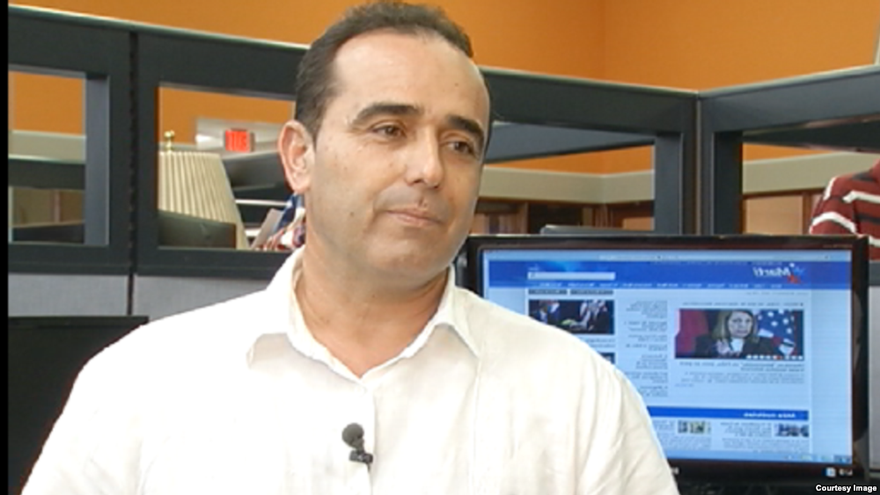
![]() 14ymedio, Havana, 2 July 2018 — The number of arbitrary arrests has been “steadily declining” in the last two years, according to the latest report from the Cuban Commission for Human Rights and National Reconciliation (CCDHRN), which documents 122 arrests of this type during the month of June.
14ymedio, Havana, 2 July 2018 — The number of arbitrary arrests has been “steadily declining” in the last two years, according to the latest report from the Cuban Commission for Human Rights and National Reconciliation (CCDHRN), which documents 122 arrests of this type during the month of June.
Although the repression has diminished in quantitative terms, most of the dissidents detained during the past month “were interned under degrading conditions in police barracks,” the Havana-based CCDHRN said.
“The powerful secret political police carried out or instigated 31 acts of police harassment, two physical assaults and three acts of vandalism,” against activists and their families, the report details.
The number of political prisoners remains unchanged at around the 120 prisoners. “Among them, we should highlight the situation of prisoners of conscience Eduardo Cardet, leader of the opposition Christian Liberation Movement, and Ariel Ruíz Urquiola, environmental biologist,” the report stated.
Ruiz Urquiola is in the Abel Santamaría hospital in the city of Pinar del Río, after declaring a hunger strike to demand his release. The biologist was declared a “prisoner of conscience” by the Amnesty International organization, which believes that he was imprisoned “solely for peacefully exercising his right to freedom of expression.”
In the last week, the United States Government and the Secretary General of the Organization of American States (OAS), Luis Almagro, have also demanded his release. The bishop of Pinar del Rio, Jorge Serpa, also spoke in favor of “a review of the case and the process.”
_______________________________
The 14ymedio team is committed to serious journalism that reflects the reality of deep Cuba. Thank you for joining us on this long road. We invite you to continue supporting us, but this time by becoming a member of 14ymedio. Together we can continue to transform journalism in Cuba.
